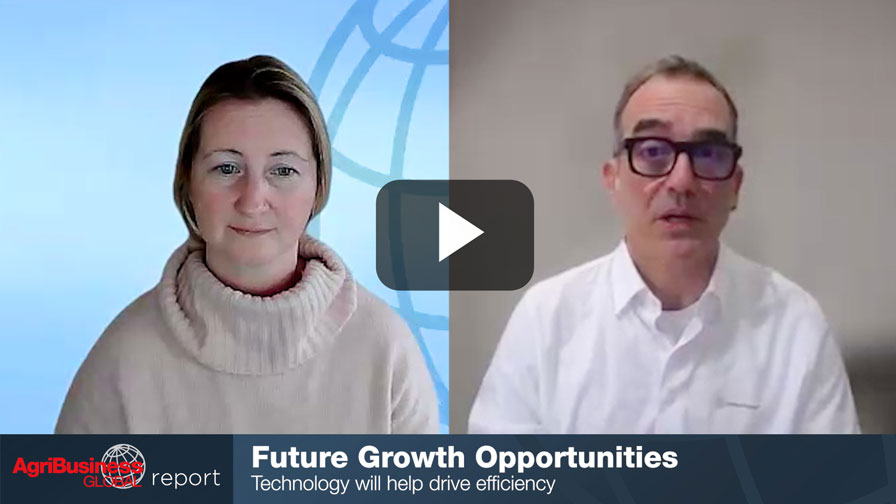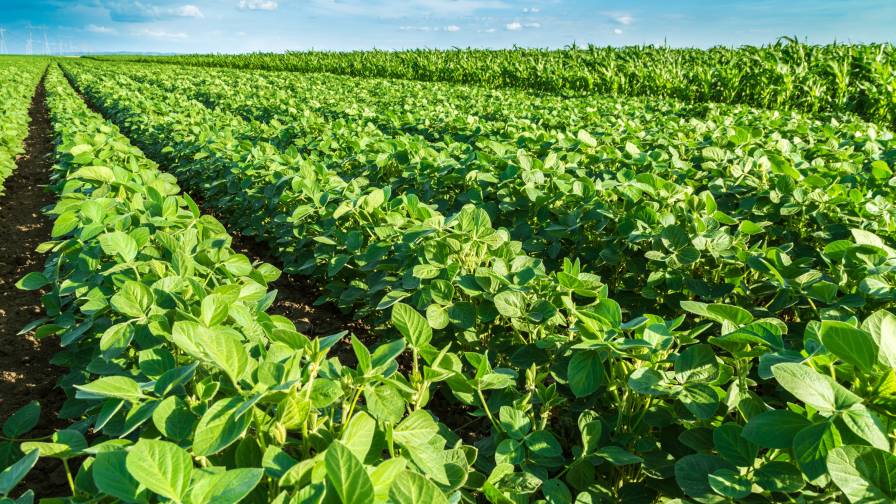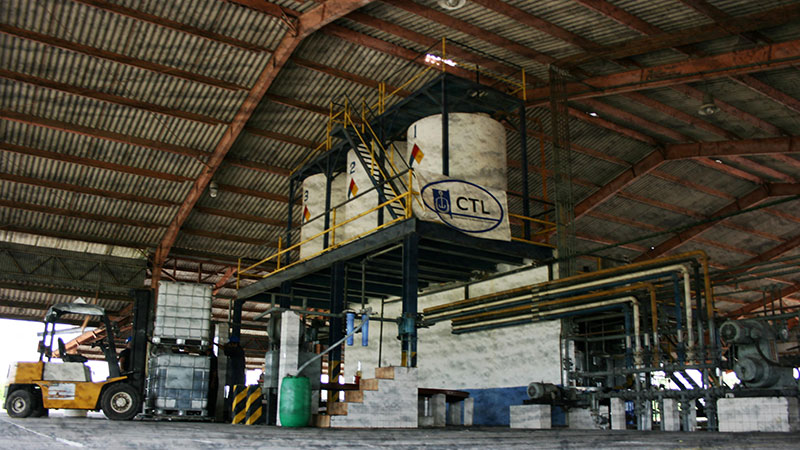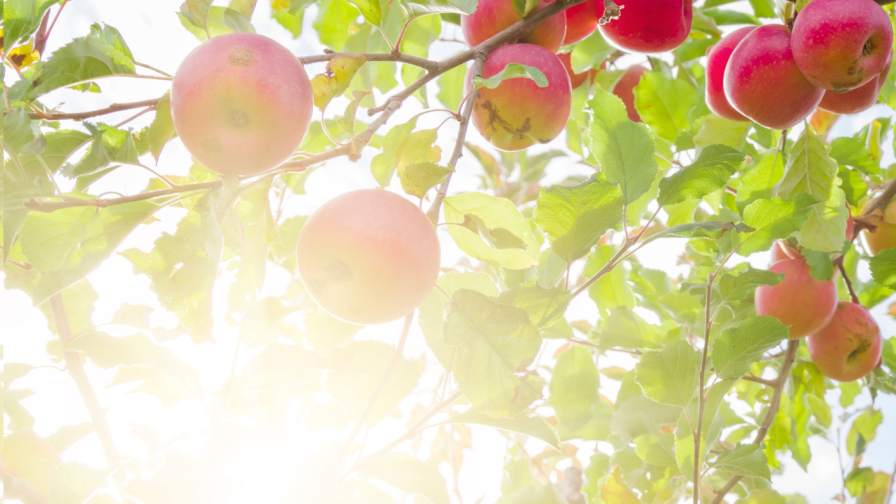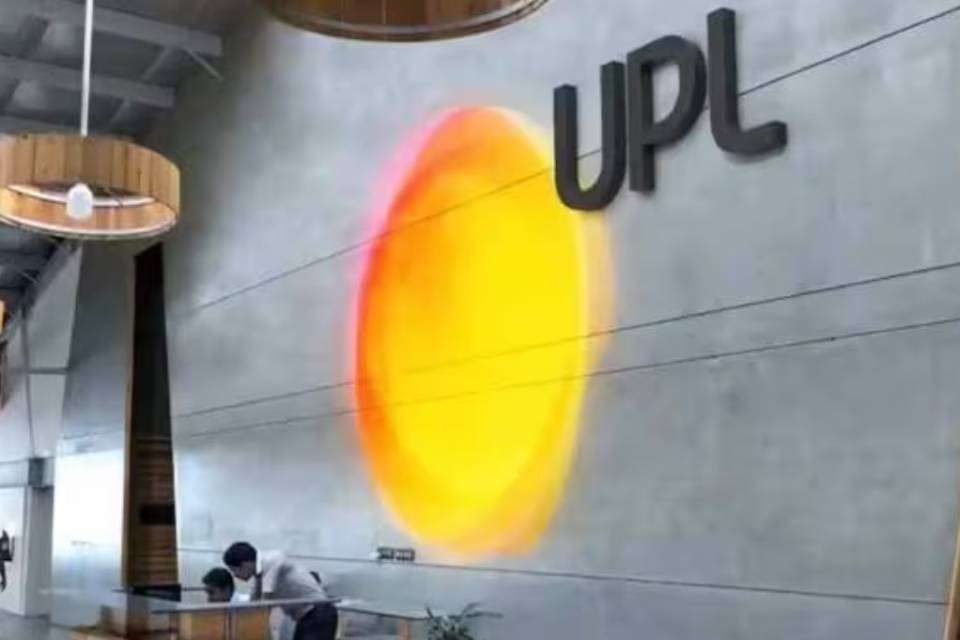Industry Insights: Ginkgo Bioworks’ Brennan Duty Talks R&D Trends in Synthetic Biologicals
AgriBusiness Global recently spoke with Brennan Duty, Senior Director of Business Development for Ginkgo Bioworks, an R&D company specializing in developing biological products for crop input companies. Duty shared trends in biological product development using advanced tools in synthetic biology.
ABG: What trends and challenges are you seeing specifically for R&D?
Brennan Duty: A trend we’re seeing is that governments are starting to respond more to consumers’ demands for wholesome, nutritious, and sustainable food systems. There is concern about how we grow our food, and specifically what are the inputs that are being used to grow food sustainably in the context of climate change and resource scarcity.
What we see in terms of trends is a moving away from synthetic chemistry when possible and moving toward biologicals. Biologicals are essentially anything that can come from nature including live microbes, molecules, proteins, and peptides. Biochemicals that these live cells produce can be applied in agriculture to provide the plants with benefits.
Those benefits can include attacking a disease or enduring stress. They can also fix nitrogen from the atmosphere in a form that’s beneficial to the plant instead of relying on chemical fertilizer. This is the kind of sustainability consumers are looking for.
In many instances, biological products have not had the consistency that farmers expect. Which causes a huge push within research and development to use a lot of science, big data as well as different field trials and platforms, to develop products that are going to consistently deliver for farmers. Anything that can be done to further optimize or boost the efficacy of a biological product.
Having trouble viewing this video? Please click here.
ABG: What information are companies needing now from R&D that might be different from 10 years ago to market their products?

Brennan Duty. Photo credit: Gingko Bioworks
BD: Farmers are more sophisticated than ever, and what they demand to see from crop input suppliers are products that have a proven mode of action. They want crop input companies to demonstrate what is happening at the biochemical and biomolecular level and what these products provide to the plant. Farmers are much more demanding in terms of the information that they want before they apply products to their crops and that itself is a change from the last 10 years.
ABG: What should companies be looking for when partnering for R&D?
BD: Companies should be looking for partners who complement their existing capabilities. They should look for partners that can either develop a product that they can’t or develop a product in a much faster timeframe. Time is actually money in this industry, especially when we talk about regulatory timeframes in certain markets that can last years. The sooner a company can develop a product, the faster they can get it registered.
Companies that want to differentiate themselves in the marketplace should look for partners who can use very advanced biological tools to boost and optimize performance of these biologicals, whether that’s through fermentation optimization or through genetic optimization. By genetic optimization, I don’t necessarily mean rational engineering of the cell, although that’s absolutely a possibility for select markets.
The last aspect to emphasize would be that it’s important to find a partner that will be able to reduce risk on a project early and control costs. Nobody has time or interest to fund a project that is ultimately going to die. Look for partners that can fundamentally set up a project to reduce the most risk at the beginning. If they report that the project is not going to fail, then move forward and continue investment into the project.
ABG: What trends in crop protection technologies (like nanotechnology) do you see impacting global agriculture in the future?
BD: What I see as an alternative to synthetic chemicals is in the area of peptides and protein actives and RNA interference technology.
The other aspect to look for in trends for crop protection and crop nutrition is improved plant breeding via gene editing. We can do more with artificial intelligence and machine learning algorithms to find proteins, traits that are going to be beneficial, or optimize those traits and put those in plants in a way that we never could before.
Before, breeding would take years to find the best traits. We can do this far more quickly using technologies to develop plants that have improved profiles and characteristics that can help protect them from pests as well as different climactic weather patterns that we’re seeing nowadays.
ABG: As a service provider in the agricultural sector, how does Ginkgo envision its contribution to addressing food security challenges and promoting sustainability in the industry?
BD: The best way that we can do this is by research and development. Investing in a platform that everybody can access in order to develop the absolute best products in the area biological as possible.
Partnering on our platform to drive innovative solutions in this area of nitrogen fixation is an example. If we can find solutions that reduce the use of conventional nitrogen by using microbial biological solutions that take nitrogen from the air, that’s a powerful thing that can go on our platform. The tools that we’ve developed for nitrogen fixation can help solve the same thing for phosphorus.
